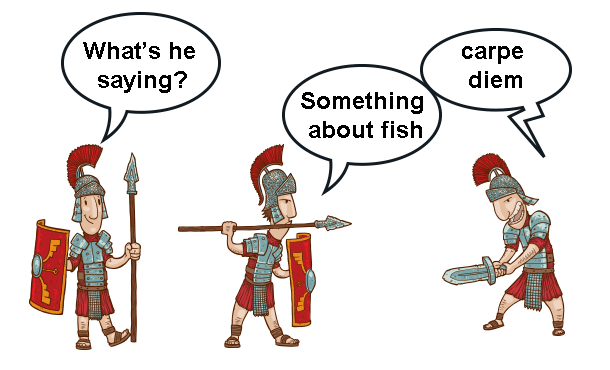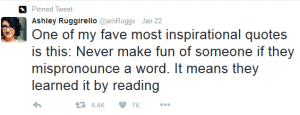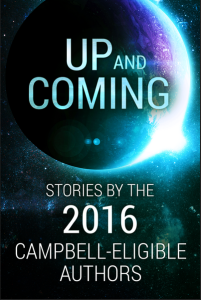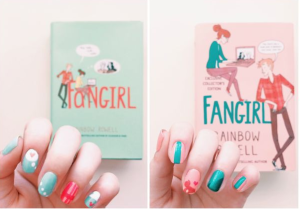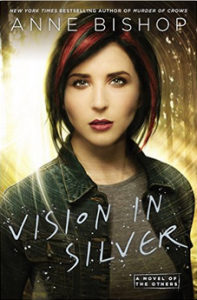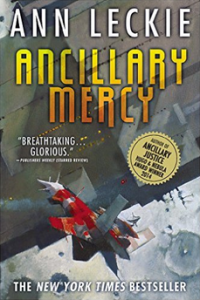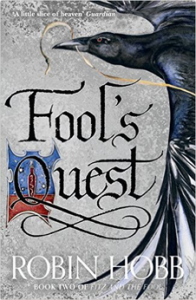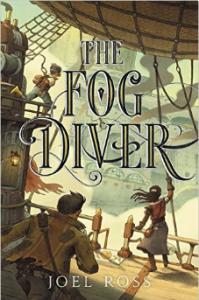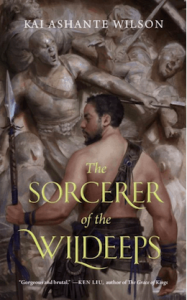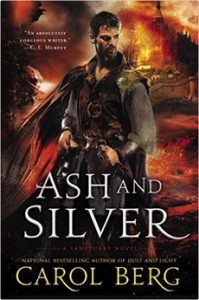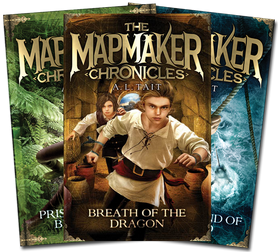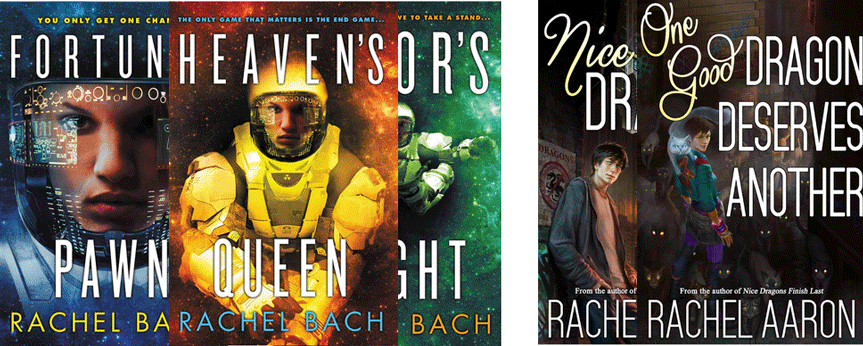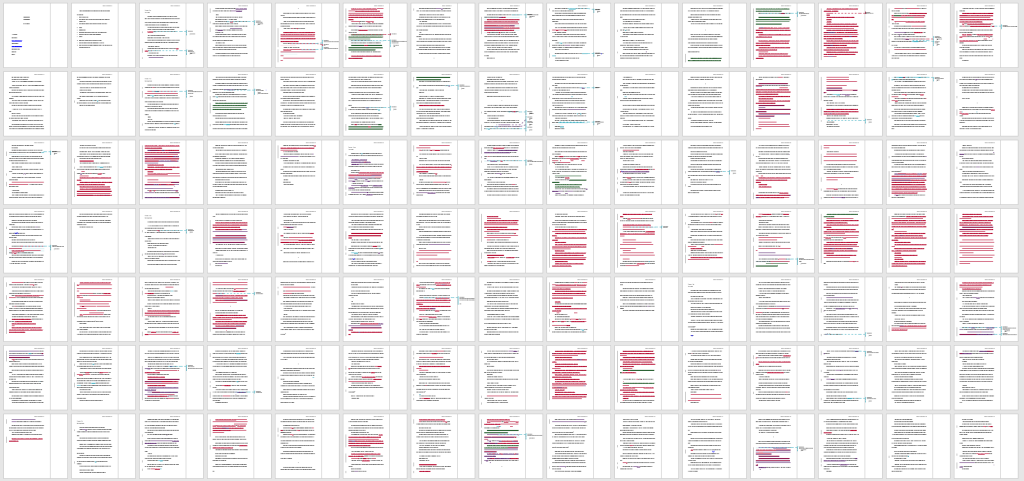
First round of edits
Mid-February our editor, Anne Sowards, returned Confluence with marked up with comments and suggestions for revisions.
Sherylyn and I talked through the main changes she suggested—storylines to cut/add, suggestions for improvements—and agreed on the basic changes we planned to make.
Then we started work. Sherylyn went through the story and added comments and highlights about the changes we wanted to make. I came along behind and started making those changes. When Sherylyn finished the initial mark-up, she went back to the start and began editing the changes I had made.
When I finished my changes, I went back and started editing her changes.
We do this in a single document. It’s shared on OneDrive. We show all revisions and comments. We have Anne’s comments scattered throughout as well, so there are three different reviewers that we’re trying to keep track of.
At the end of all this, we send two copies back to Anne. The first copy shows the revisions and the comments (just in case she wants to see what we’ve done and where). The second is a clean copy, with all revisions accepted, and all comments deleted. We’ve never asked if she wants the first one, we just send them both.
Hassles with Word
Around this time in the novel writing process we stop saying nice things about Microsoft Office and how handy the cloud is and start swearing at Word. And we save every five minutes (which makes things much worse), and swear at Microsoft again.
I like Word. I prefer it to Scrivener and any other word processing software I know of. As a co-author, I also like OneDrive, and the ability for multiple people to work together on the same document.
Word is incredibly powerful. It has its problems, however.
It struggles with a full 120,000-word novel with mark-up. Especially when the revisions and comments add at least another 30,000 words. And when the mark-up is across three people.
Toward the end of the revisions, which is where we’re at now, the changes we make are small. A couple of minor mods on every second page, say. But they add up, and we might do fifty or more pages in a day. That’s each person doing that. If we lose our work we can’t get it back. So we back up frequently.
Every night. Once onto the hard drive, once onto a flash drive, and once a week onto OneDrive itself. Paranoid? Us? Very. We have learned the hard way.
Word’s little foibles
I don’t even want to talk about syncing. Suffice to say, OneDrive gets itself into a twist occasionally and mixes up which file is the latest.
It doesn’t like people touching the same part of the document. If Sherylyn adds some text, then I update it by deleting part of it, next time we open the document Sherylyn’s text is back in all its glory. Along with mine.
Or if one of us adds a comment, saying, “Maybe we could fix this by …” and the other agrees, makes the change and then deletes the comment, next time we open the document that comment is back.
Lovely.
We’re nearly done
We’re almost complete. We’re about to change Australian spelling to US spelling. That’s scary, but the last two times we didn’t do it, and the poor copy editor had a lot of words to fix.
Once we send the rewrites off (due early April) we’ll start again with a nice, clean copy, all revisions and comments accepted, for the next round.
